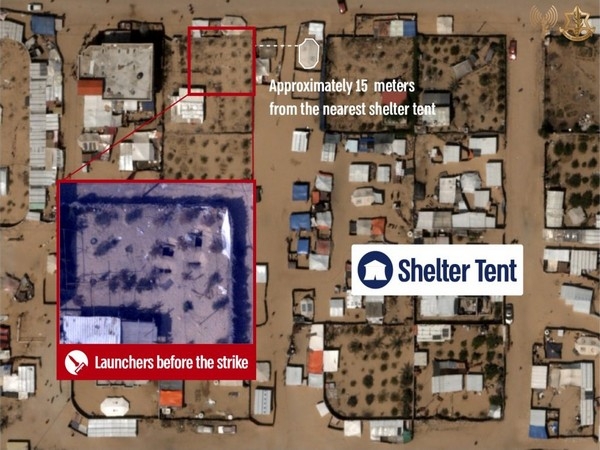Sikh outfits demand autonomy, want Modi to concede deal on lines of Naga accord
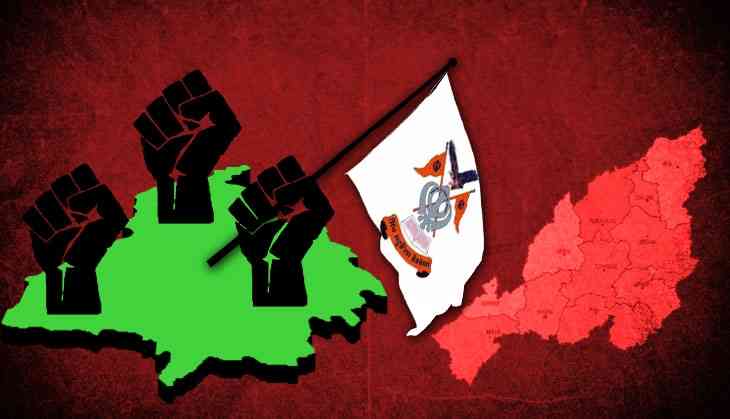
The Narendra Modi led NDA government at the Centre may have a new problem on its hands very soon, this time from Punjab. Several Sikh outfits have demanded that the Centre should enter into an agreement with the Sikhs of Punjab on the lines of the Naga formative agreement.
These outfits are led by Bhagwan Singh former working president of the All India Sikh Student Federation and a senior functionary of the United Akali Dal (UAD).
Drawing several parallels with the militant groups that have been active in the North East, particularly Nagaland, he said that the demands and problems are similar and the quest for autonomy also dates back to before Independence.
“Over the years I have been in touch with the leadership of the organisations in the North East. From whatever details that have come out in context of the Naga formative agreement signed by the centre with NSCN (IM), it can be construed that the Naga dominated areas in other states will be joined with Nagaland, sovereignty will be shared and the defence will be common between the Naga and the Indian government. These are exactly the issues that make the crux of the Anandpur Sahib resolution of 1973 for whose implementation the Sikhs have been waging a struggle for the last so many years,” Bhagwan Singh told Catch.
Another important aspect of the Anandpur Sahib Protection of the rights of all religious minorities, an issue that has assumed significance with the rise in violence against minorities in the past three years.
What is UAD?
The UAD was formed in 2014 when a large number of radical leaders and organisations joined hands to oppose the Shiromani Akali Dal (Badal). The UAD leadership had played a key role in the organising of the Sarbat Khalsa in 2015 at Chabba near Amritsar.
The Anandpur Sahib resolution of 1973 advocated a federal structure in which the central government should actualise the federal concept of India by granting autonomy to the provincial government in all the areas except defence, currency and foreign relations.
Bhagwan Singh also released the published version of the open letter written by former AISSF general secretary Harminder Singh Sandhu claiming that he was gunned down in 1990 for this 'epistolary' letter. Singh said that Sandhu’s letter attacking the government of India for failing to soothe the wounds of the Sikhs post-Operation Bluestar, is relevant even today.
The letter attacked the policies of the then government while pointing that while the Centre at that time had ignored the moderate groups in the North East and had addressed the issues being raised by the radical leaders, its role was totally opposite in case of Punjab.
Referring to former Prime Minister Rajiv Gandhi Sandhu had written, “When you took up Mizoram problem, you did not bother about moderate politicians. Rather (you spoke to) MNF leader Laldenga who led insurgency for two decades, offered talks and went on to maximum extent of satisfying Mizo aspirations. But on Punjab you ignored the competing and contending forces like Damdami Taksal and AISSF and called in a redundant and irrelevant trio of Harcharan Singh Longowal, Surjit Singh Barnala and Balwant Singh, who happily mortgaged the interests of Sikh panth and affixed their stamp on the so called 'Punjab Accord'.”
He had further written, “Even in case of Assam, All Assam Students Union (AASU) was accorded recognition as representative of the people of Assam and an accord was reached. How did you choose Barnala and Co. as representatives of the Sikhs?”
Bhagwan Singh claims that the issues pertaining to autonomy for Punjab and rights of the Sikh community, remain unresolved. He does not believe that there is not much support on this issue. “The ground is fertile but there is no leadership. We are working towards regrouping various AISSF factions into one. Most of these factions have fallen into wrong hands and do not know what is happening beyond Delhi in this country, particularly the AISSF's relations with various groups in the North East,” he says.
Badals under fire
He accuses former chief minister Parkash Singh Badal of having caused many splits in the AISSF and bringing up the Youth Akali Dal at the cost of the former. When asked why he has timed the release of Harminder's letter at this point of time and raised the issue of Sikhs being treated at par with the Nagas, he said that these things would not have been possible under Badal regime over the last decade.
He is also confident that the Modi regime would be sympathetic towards the demand of the Sikhs because of the “internal differences of the BJP with its ally Shiromani Akali Dal (Badal)”. He also believes that even the Congress chief minister Captain Amarinder Singh would not oppose the revival of AISSF and Sikhs being treated at par with the Nagas on the issue of greater autonomy and other points raised in the Anandpur Sahib resolution.
At the same time he made it clear, “Sikhs want to live in India as equal citizens. In the past we were offered training at various camps run by different organisations in the North East but we refused. But at the same time we want the issues pertaining to us to be resolved.”
The real threat from this demand is to the Badals, as their virtual monopoly over the Panthic cause is being challenged.
First published: 3 August 2017, 18:49 IST

_251372_300x172.jpg)
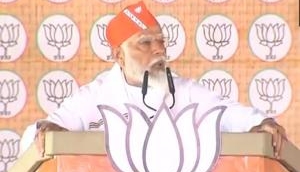
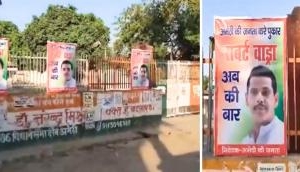
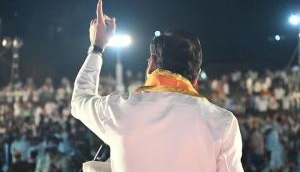
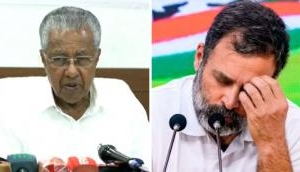
![BJP's Kapil Mishra recreates Shankar Mahadevan’s ‘Breathless’ song to highlight Delhi pollution [WATCH] BJP's Kapil Mishra recreates Shankar Mahadevan’s ‘Breathless’ song to highlight Delhi pollution [WATCH]](http://images.catchnews.com/upload/2022/11/03/kapil-mishra_240884_300x172.png)

![Anupam Kher shares pictures of his toned body on 67th birthday [MUST SEE] Anupam Kher shares pictures of his toned body on 67th birthday [MUST SEE]](http://images.catchnews.com/upload/2022/03/07/Anupam_kher_231145_300x172.jpg)




_251372_1280x720.jpg)
_251371_1280x720.jpg)
